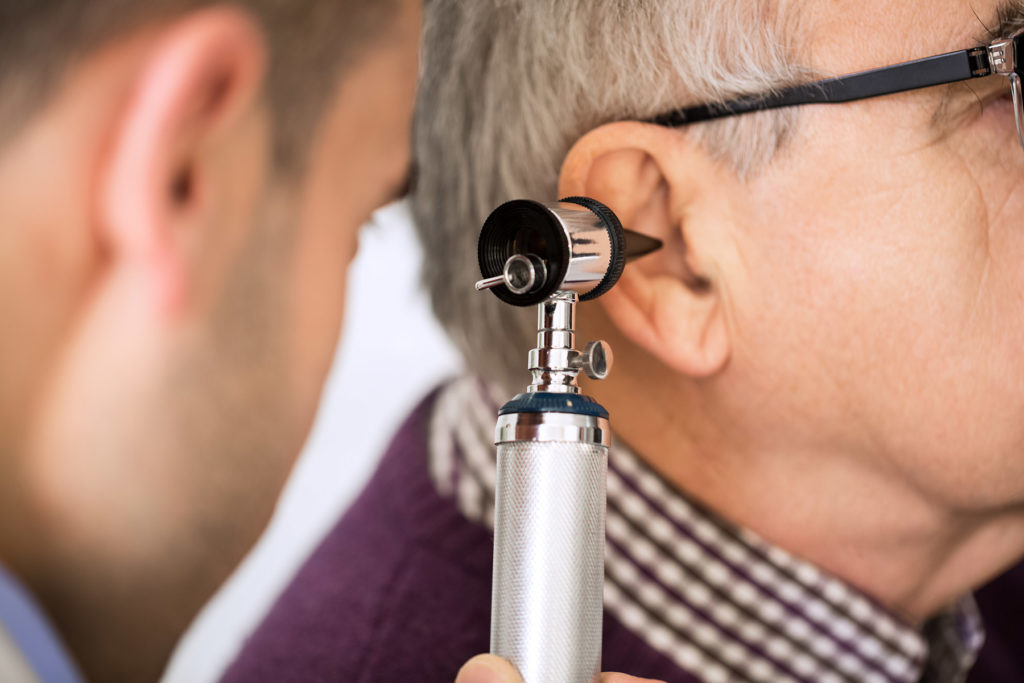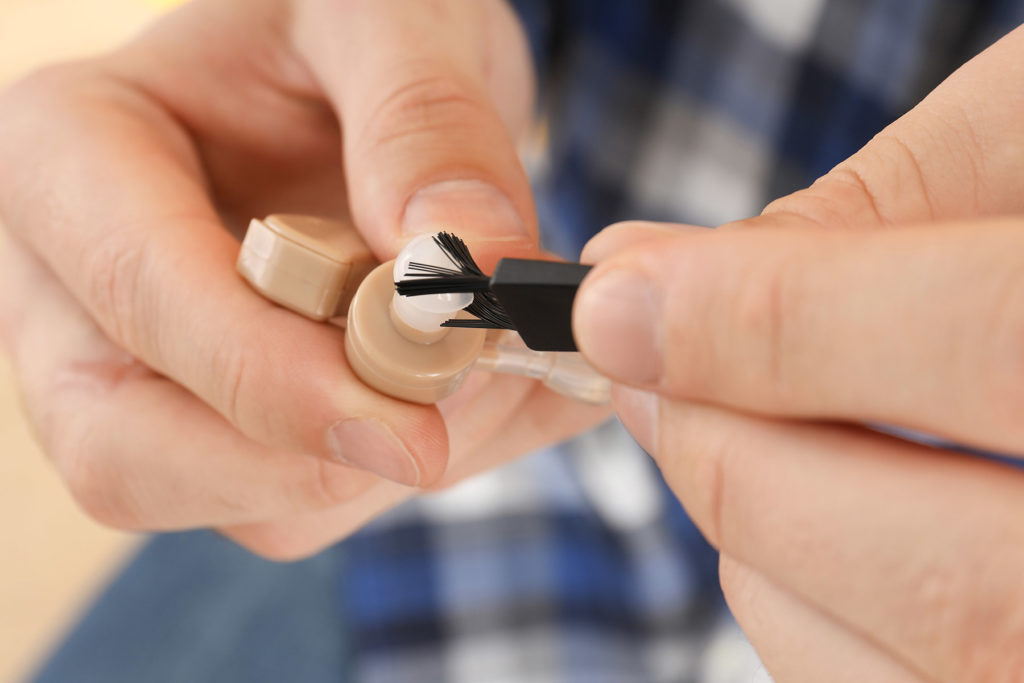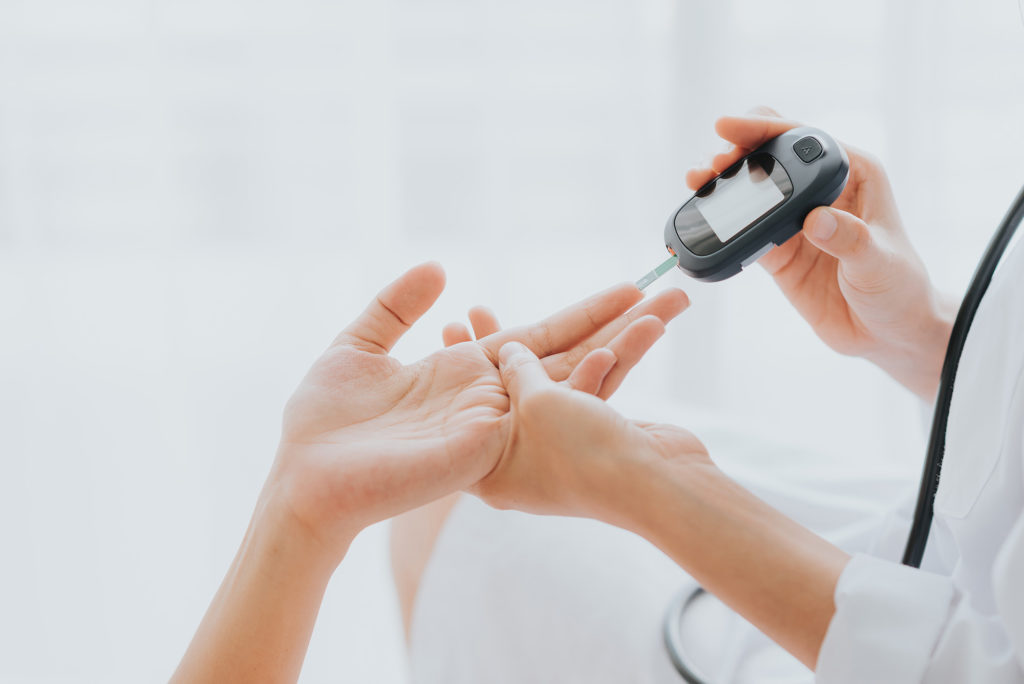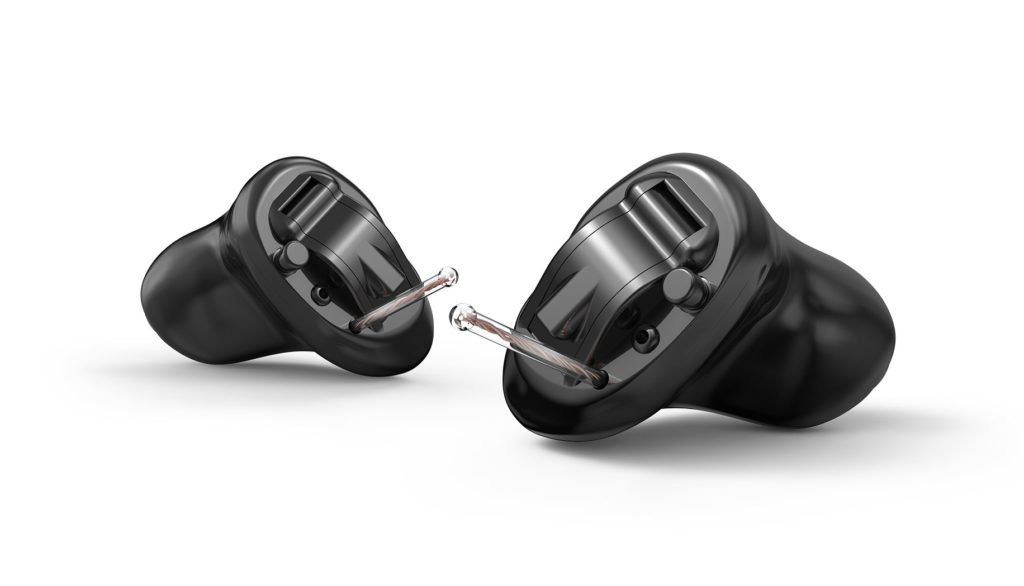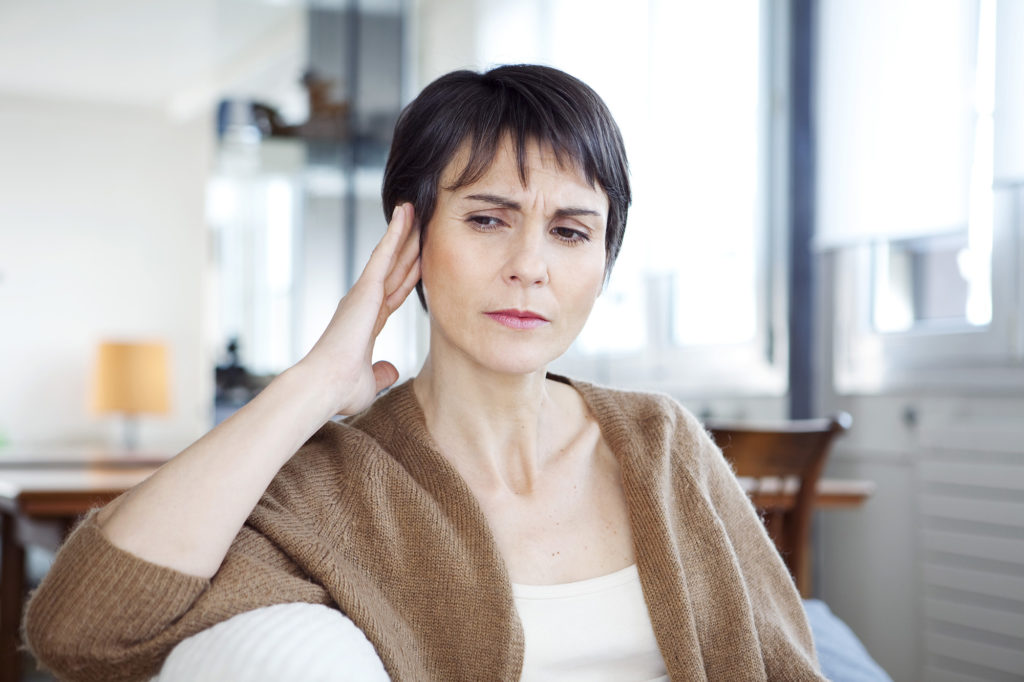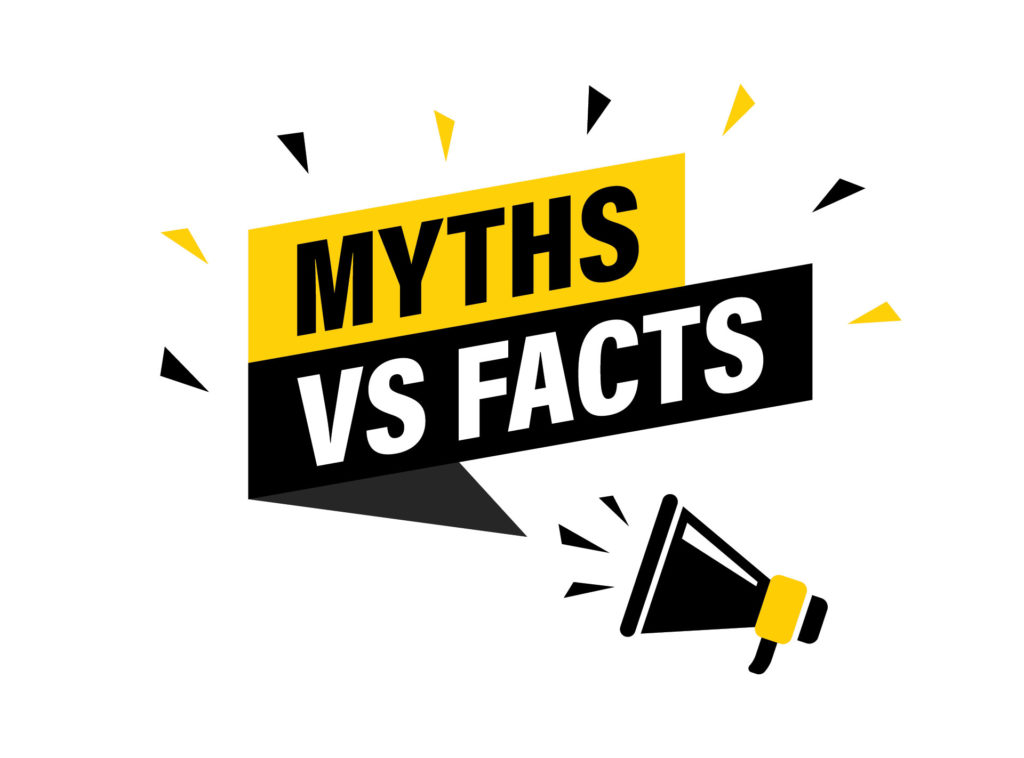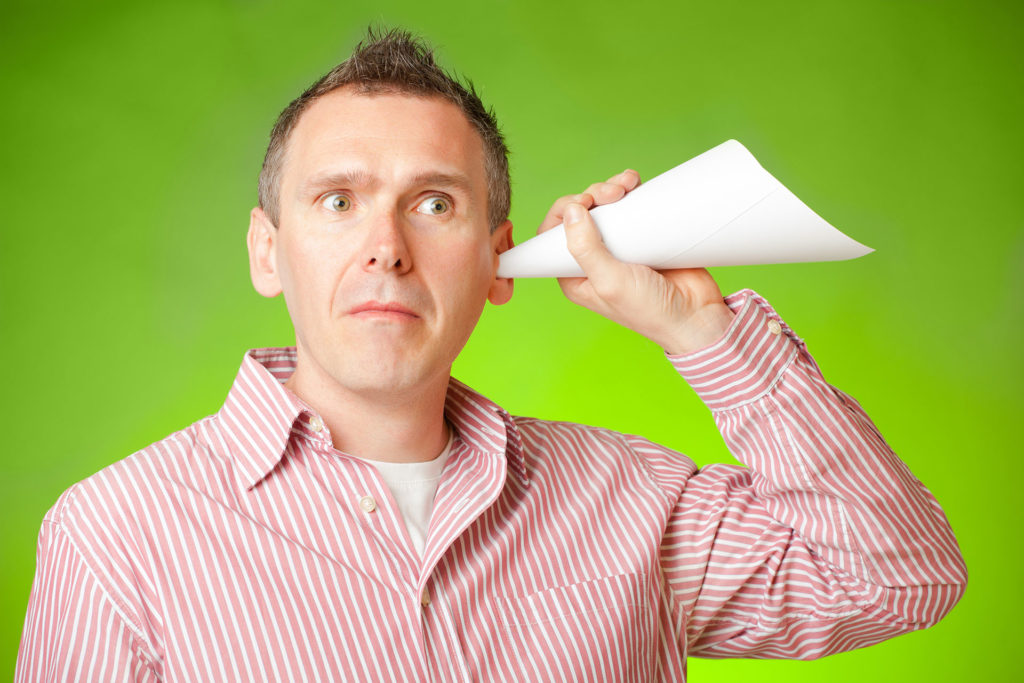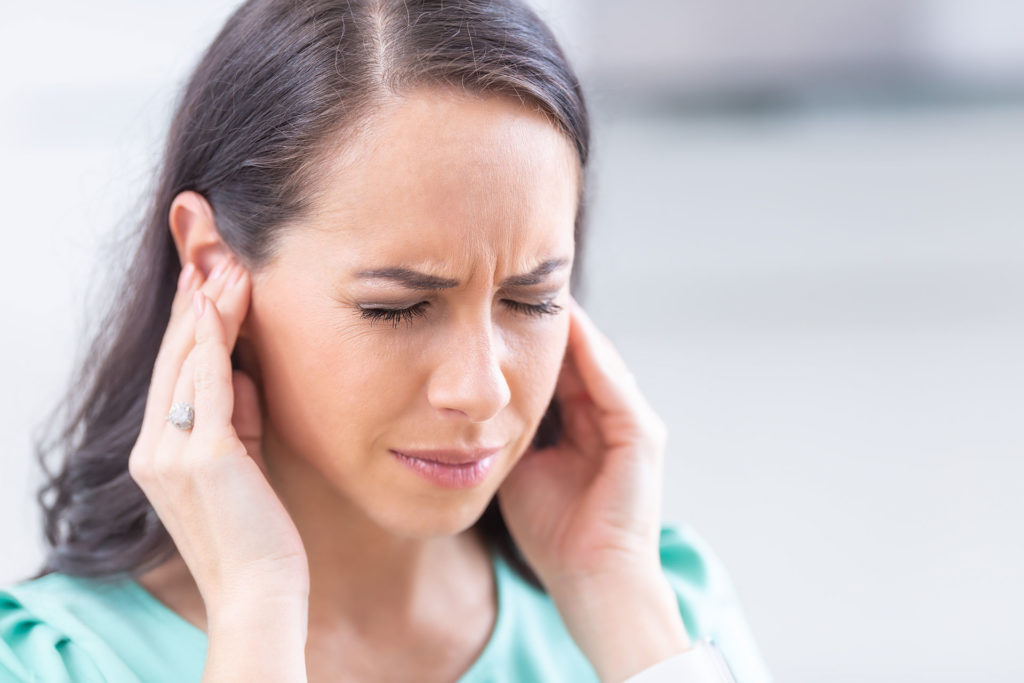Our ears are a sensitive and vital part of our body and it is important to be aware of the proper ways to care for them. For starters, the first thing you should know is ears are efficient and self-cleaning. Thus, the general rule for ear care is that “less is more.” The “less” applies […]
How long should my hearing aids last?
Typically, hearing aids will last three to five years depending on usage, but various things can affect a hearing aid’s lifetime. Do you wear them all day every day? Do you live in a humid or dusty environment? Do you take good care of them? Hearing aids can function longer than five years, but many […]
How Colder Weather Might Affect Your Hearing Aid
During the winter, the biggest threat to hearing aids is moisture. The problem with cold weather is that it often includes rapid changes in temperature to your device. If you’re outside, the drop in temperature might be extreme from that of a heated home or car. These rapid changes in temperature can produce condensation on […]
Hearing Loss Is Common with People with Diabetes
It’s no secret that hearing loss and diabetes are two grave health concerns among Americans; in fact, about 30 million people in the United States suffer from diabetes—and nearly 35 million have some form of hearing loss. Coincidence? Not likely. Recent studies have shown that there is a meaningful connection between people with diabetes and their inherent […]
Do I Have Meniere’s Disease, or is it Something Else?
Meniere’s Disease is a serious disorder of the inner ear that very few people are familiar with, but that affects between 3.5 per 100.000 and 513 per 100.000 people in the population. This ear disease can occur at any age, though it is most common in adults between the ages of 20 and 50. By […]
How Has Hearing Aid Tech Evolved
The recorded history of hearing loss goes back hundreds of years. People have created technology to correct it since the first pre-historic human found that cupping a hand behind one ear amplified sound. Today’s hearing aid technology is still evolving, and has come a long way since the days of the very first attempts to […]
How Hearing Aid Technology Works
Hearing aids have come a long way since their inception. Today’s sleek models can be virtually invisible, making them a discreet way to remedy a hearing issue and a much more practical option than the cumbersome hearing aids of the past. Other designs can be configured for direct wireless connection to mobile phones and may […]
Hearing Loss: Causes, Symptoms and Prevention
Hearing loss affects an estimated 37.5 million American adults and can have a major impact on a person’s quality of life, as well as their ability to maintain relationships with others. By understanding the common causes of hearing loss, its symptoms, as well as available treatment options, you can become better educated and take measures […]
Living with Tinnitus
Tinnitus, that symptom of hearing sounds that have no obvious source affects many adults worldwide. Specific numbers are hard to estimate because of the wide range of definitions and degree of annoyance experienced by those affected. Some studies have suggested that as many as 80% of the adult population experience tinnitus at some point in […]
Tips to a Stress-Free Holiday with Hearing Aids
The holidays usually mean spending time with friends and family, whether it’s eating special meals or having fun at gatherings. All these traditional get-togethers are supposed to be fun, but having hearing loss can turn them into stressful occasions. It doesn’t have to be that way. With a little bit of advanced planning, you can […]
The Sounds of the Holidays
The winter holidays are a special and magical time, making the sounds we hear around us more meaningful and memorable. Music and movies, the sounds of the outdoors, and enjoying the company of friends and family are all an important part of this time of the year. Below is a list of a few holiday […]
Hearing Aid Myths Exposed
Sometimes we love to mislead ourselves by believing what we want to believe or believing what others tell us to believe. As Dr. H. Gustav Mueller once said, “You have to hear what you don’t want to hear to know what you don’t want to hear.” For example, did you know that Thomas Edison didn’t […]
Sleeping with Tinnitus
Tinnitus may interfere with your sleeping. In the quiet of your bedroom the constant ringing or buzzing in your ear may become particularly annoying and deprive you of a good night’s rest. However, you can take several steps to help you sleep better with tinnitus. The RNID fact sheet about tinnitus and sleep provides the […]
Understanding Sudden Hearing Loss
About one in 5,000 people will develop sudden hearing loss in their lifetime. Sudden hearing loss, also known as sudden deafness, is an unexplained rapid loss of hearing that usually happens in one ear. It can occur all at once or take place gradually over the course of a few days. This condition is considered an emergency. […]
Hearing Aids Through History: From Ear Trumpets from Cutting Edge Technology
The evolution of hearing aids in history is a story that stretches from the 17th century ear trumpet to the modern day microprocessor. One constant, from the Industrial Revolution to the Internet generation, is the ability of hearing aid manufacturers to adapt emerging technology into their devices. Technological triumphs of the likes of Alexander Graham […]
Tinnitus and Stress
Tinnitus is mostly seen and treated as a circulatory disorder in the inner ear. Researchers have, however, found other factors influencing the treatment of tinnitus. In a continuing study at the medical school in Hanover, Germany, the researchers discovered the degree to which the patient’s general well-being plays a role in connection with tinnitus. While […]

